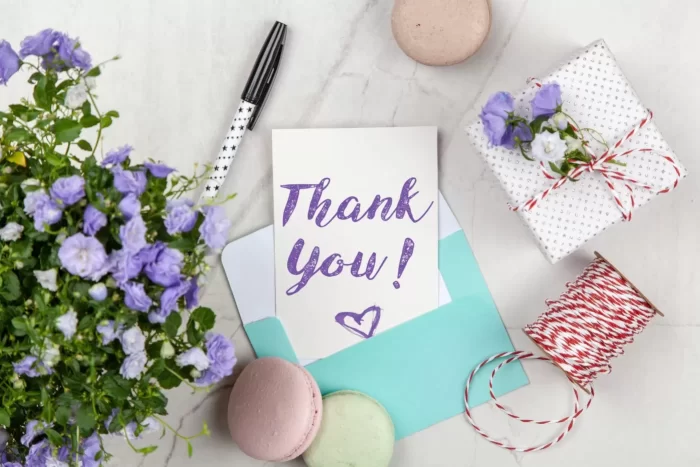The Importance & Value of Listening
Listen With Your Ears, Not With Your Mouth
A few days ago, while dining, I found myself in an awkward situation. I ran across a colleague, whom I hadn’t seen in a while. I was very excited and anxious to catch up on events that may have transpired since we last spoke or seen one another. Although I was elated to see this person, I was also on my way to the restroom when we encountered each other. No problem, I thought, I’d just explain that I would be right back and we could continue our catch-up. As it turned out, I couldn’t seem to quite get a word in. Not only was I bogged down by a flood of information, my body language wasn’t being read and I feared I wouldn’t be able to break off the barrage without appearing rude. It reminded me of an old saying…”we listen not to understand, but for the opportunity to speak again.”
This interaction prompted a very important message that we would like to share with our readers. We want to take verbal communications back to the basics, and use this opportunity as a moment to explore “The Art of Conversation.” Conversation is a skill; it’s a verbal “interaction” between parties. Although it seems to be a rather simple topic; one that I’m sure most of us feel we may be pretty good at, I’m sure we violate artful conversation techniques quite often.
Do’s:
– Pay attention to body language and non-verbal cues of the listener- Nonverbal cues will often signal when you are going off on a tangent.
– Listen more than you speak and resist the urge to jump in until appropriate.
– Remember, a conversation is an interaction not a one-way event
– Speak when it’s your turn and think before you speak
– Come prepared with relatable topics- If you are headed to an important event, brush up on the nature of the event so that you have something to speak about.
Don’ts:
– Don’t interrupt another speaker, wait for an appropriate opening
– If you’re involved in a group conversation, don’t just address one person, involve the group
– Don’t over share information, too much can be just as bad as too little
– Don’t compete with the other party (try not to one-up the listener)
– We hope you find these tips helpful in promoting successful conversations and that those conversations prompt a positive interest in you and your company or organization.
We’d love to here from you! Share with us your pet peeves while engaged in conversation.




